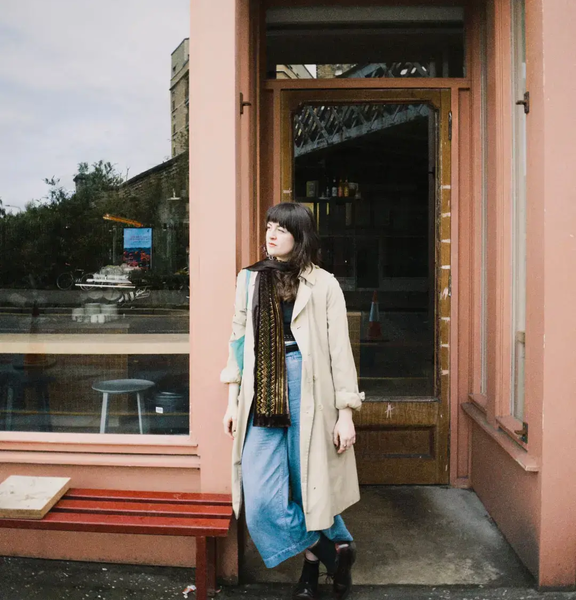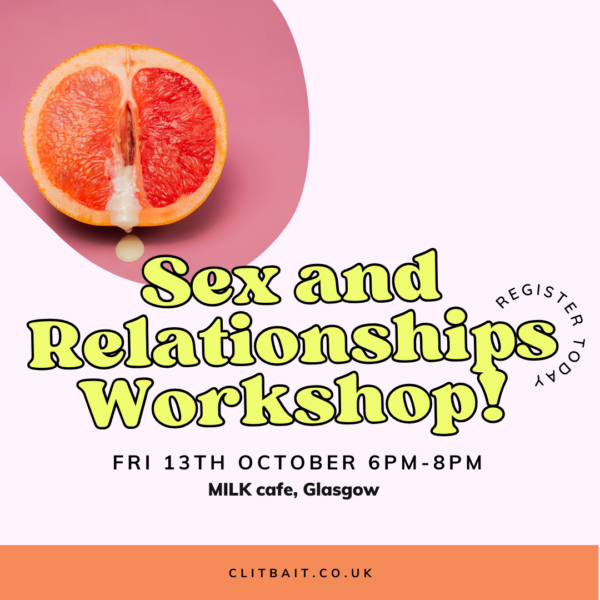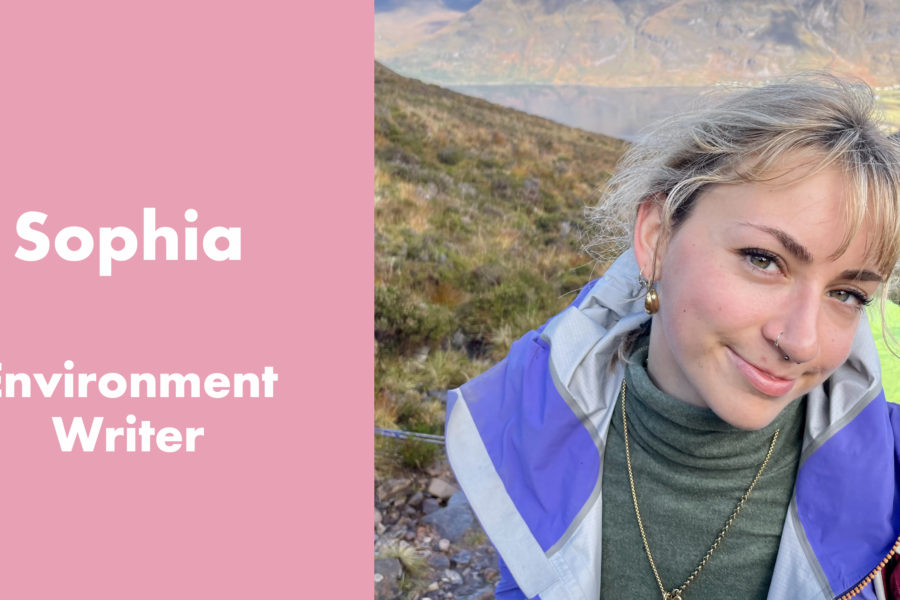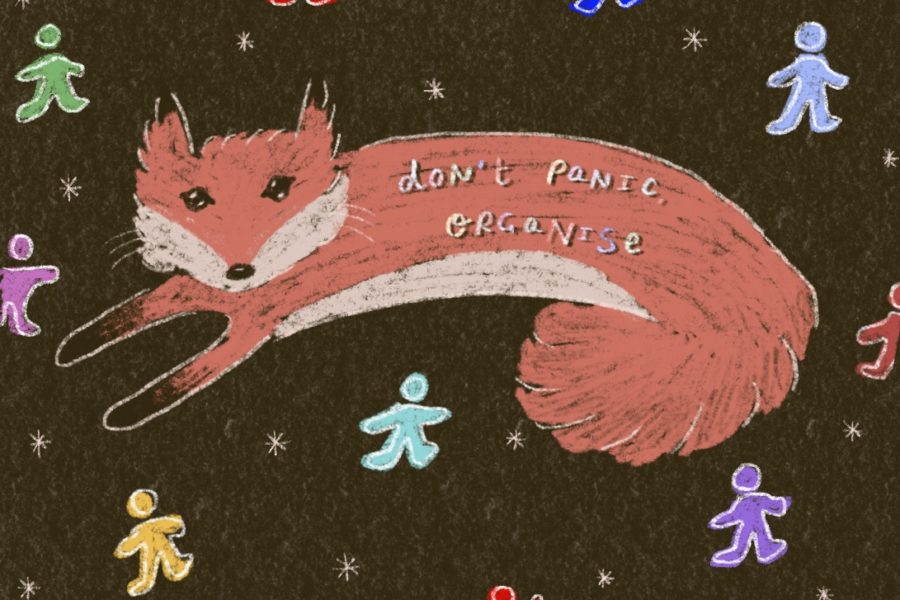“Even a wounded world is feeding us. Even a wounded world holds us, giving us moments of wonder and joy. I choose joy over despair. Not because I have my head in the sand, but because joy is what the earth gives me daily and I must return the gift.” Braiding Sweetgrass, by Robin Wall Kimmerer
Around the world, people are losing their homes, communities, and the places in nature they have grown up with, depend on, love, and nurture. If these are not already gone beyond repair, they are under extreme threat. The hottest global temperatures in 125,000 years this past year have resulted in:
61,000 climate related deaths in the UK and Europe
Wildfires the worst in history in Europe, Canada, Hawaii and even the Arctic.
Ocean temperatures surpassed 100 degrees in America, killing all of Florida Keys’ coral reefs
in only ten days
These are staggering statistics, and yet people often don’t connect well to them. Certainly, they don’t spark climate action. Instead, people feel climate impacts through their emotions, rather than processing numbers.
It’s natural to mourn the loss of life and familiar knowledge that is linked to their survival, culture, and wellness. However, in these unprecedented climate impacts, familiarity and continuity in knowledge are precious. We don’t know what the next years will hold, as we are still experiencing the consequences of global emissions released decades ago. Even the best climate models can’t completely tell us what’s next to come.
People who have experienced trauma or loss often remember feelings and places through their senses. A friend of mine recalls her childhood memories most when we are foraging for mushrooms that smell like the species that grow in her home village, which she can no longer return to due to war circumstances. The smell brings her happiness, mixed with grief for a life and knowledge of nature that is effectively gone.
I would call this level of change and loss eco-grief. Eco-grief often emerges post-disaster. Our minds might work to make -or avoid- decisions in response, but they are not simply rational and separated from the senses that connect to our hearts. We try to recreate what has been torn away and connect to our memories through our everyday senses.
Eco-grief in climate crisis
Many ways of sensing are threatened by climate change impacts. Sounds of forests or sea coastlines might be destroyed by erosion, industry expansion, wildfires, and storms. Recent wildfires in Canada have forced residents to evacuate further than the distance between Paris and Copenhagen. Far from home, the smells and sounds of those burned forests are gone. They won’t be able to regenerate in our lifetimes.
Even residents of urban areas, who might not relate their memories as strongly to “wild” nature, are grieving the loss of sensory connection and climate impacts. Rapid weather changes are affecting food supply chains, with climate models predicting such huge shifts in the Gulf Stream that Europe’s ability to grow crops is threatened.
Now is not the time to turn inwards: this isn’t individual
Only 100 corporations emit more than 50% of global carbon emissions, so individual abilities to act to stop these climate impacts feels limited. However, it’s important that we share these experiences of loss and connection with each other instead of shutting off and experiencing them alone. Expressions of grief vary culturally – although, accessing our memories and knowledge through our senses might be more universal.
We can use our senses to tell stories connecting one another, collecting knowledge and memories together. We can focus, just for a moment, on smaller and more tangible ways to process such a large scale of eco-grief. No-one can carry such a level of disaster alone. This is especially true for communities most affected by climate change impacts, who often have the least power to recover from disasters.
Filling our cups with eco-hope
It’s natural to feel grief in the face of loss. We have so much to lose. Less than 60% of the world’s languages are expected to survive this century because so many nature species are going extinct. The UK has already lost 60% of its insect life, so attributed words and knowledge connected will not be passed on to future generations. This is a small example of the loss and destruction that communities -often Indigenous- whose culture and languages are deeply connected to land they are already experiencing.
This level of climate destruction is unfathomable and unacceptable. We must challenge the causes of eco-grief around the world. Scotland is in a relatively privileged position, benefitting from less severe impacts to date. It is also a part of a former colonial power, accumulating historical wealth that today means it can better adapt to climate change and disaster responses compared to former colonies.
The UK government recently approved over 100 new oil and gas licences. Scottish Government is a part of this, silent against oil and gas giant Equinor’s push to develop the new Rosebank oil field near Shetland. Rosebank alone will emit more emissions than the 28 lowest-emitting countries.
However, we can’t present much challenge if our cups our not full. If we are stressed, anxious, and grieving, we will not have the energy and motivation to be involved in activism. Sharing our connections to grief, whether through art, food, or time outside listening to nature, can help us feel calmer and more energised. It can also support hope, seeing a future where communities can preserve their memories and knowledge through telling stories. Familiar smells and senses can even be shared in new places post-migration, like the friend I mentioned above.
As I watch wildfires burn ever closer to the forests I called home growing up in Canada, it’s become crucial for me to connect with my memories so I don’t feel overwhelmed with despair. I’ve been spending as much time as possible in the forests I’m lucky enough to access here in Scotland, sharing stories with my loved ones of the sounds and smells of Ontario pine forests from my childhood. I’ve also been leaning on art, re-reading Braiding Sweetgrass by Robin Wall Kimmerer, an American biologist and ecological storyteller. She shares her sensory experiences and cultural knowledge of these forests alongside tangible ideas for moving forward through ecological restoration and activism.
When you confront the full weight of loss of nature, places, and people from climate change impacts in your mind, it’s overwhelming. However, confronting something you care about allows you to be in touch with your unique memories and knowledge of a place. We can come together to share these, collecting diverse ways of grieving, and knowing the world through shared senses. Collective hope is so vital to encourage us, with no one left behind or alone. We can’t build a sustainable community of activism if we don’t carry this forward.
And…fuck Shell.
Join the fight to #StopRosebank (stopcambo.org.uk)
Hayana Lee essay
ដោះស្រាយ Unravelling the Stitches – Kalyanee Mam (emergencemagazine.org)







Leave a Comment